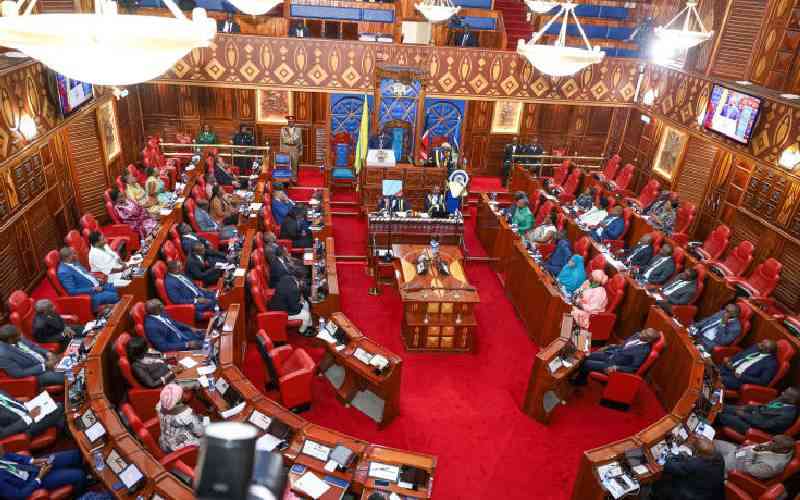×
The Standard e-Paper
Home To Bold Columnists

The Senate and National Assembly has once again locked horns over Bills.
Senate Majority Leader Aaron Cheruiyot complained that Bills originating from the Senate were being dropped at the second reading stage in the National Assembly over what he termed as an abuse of the legislative mandate.